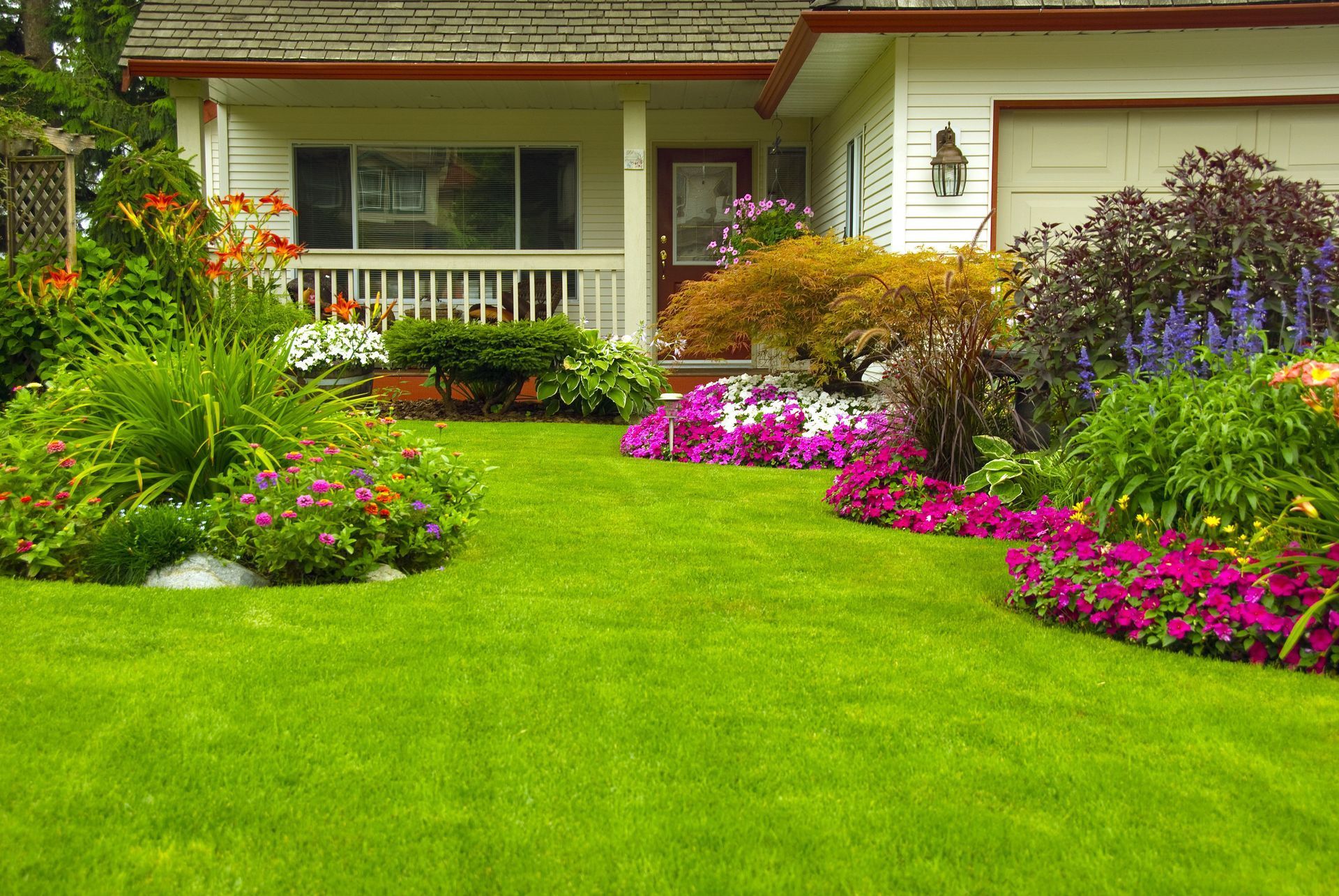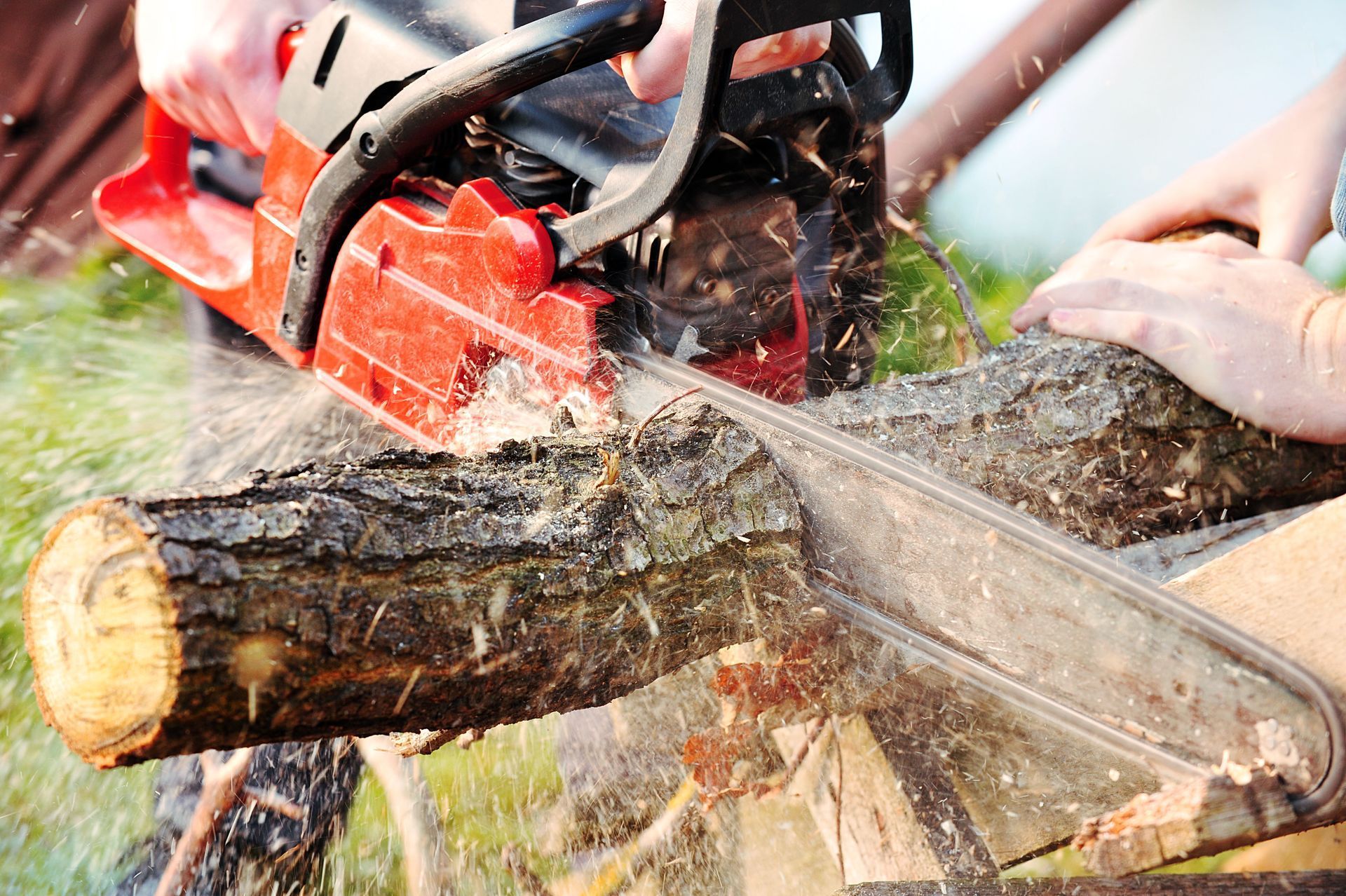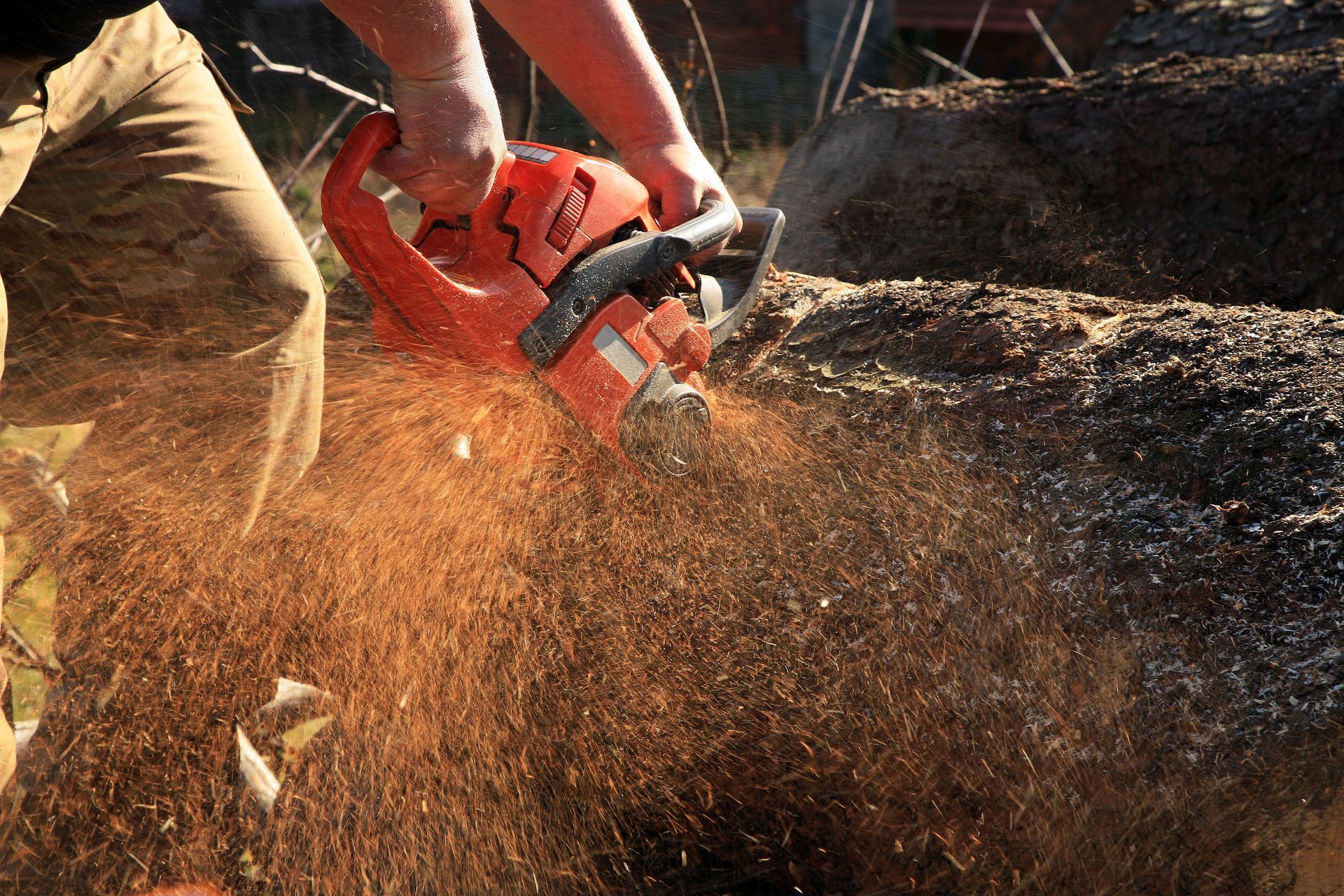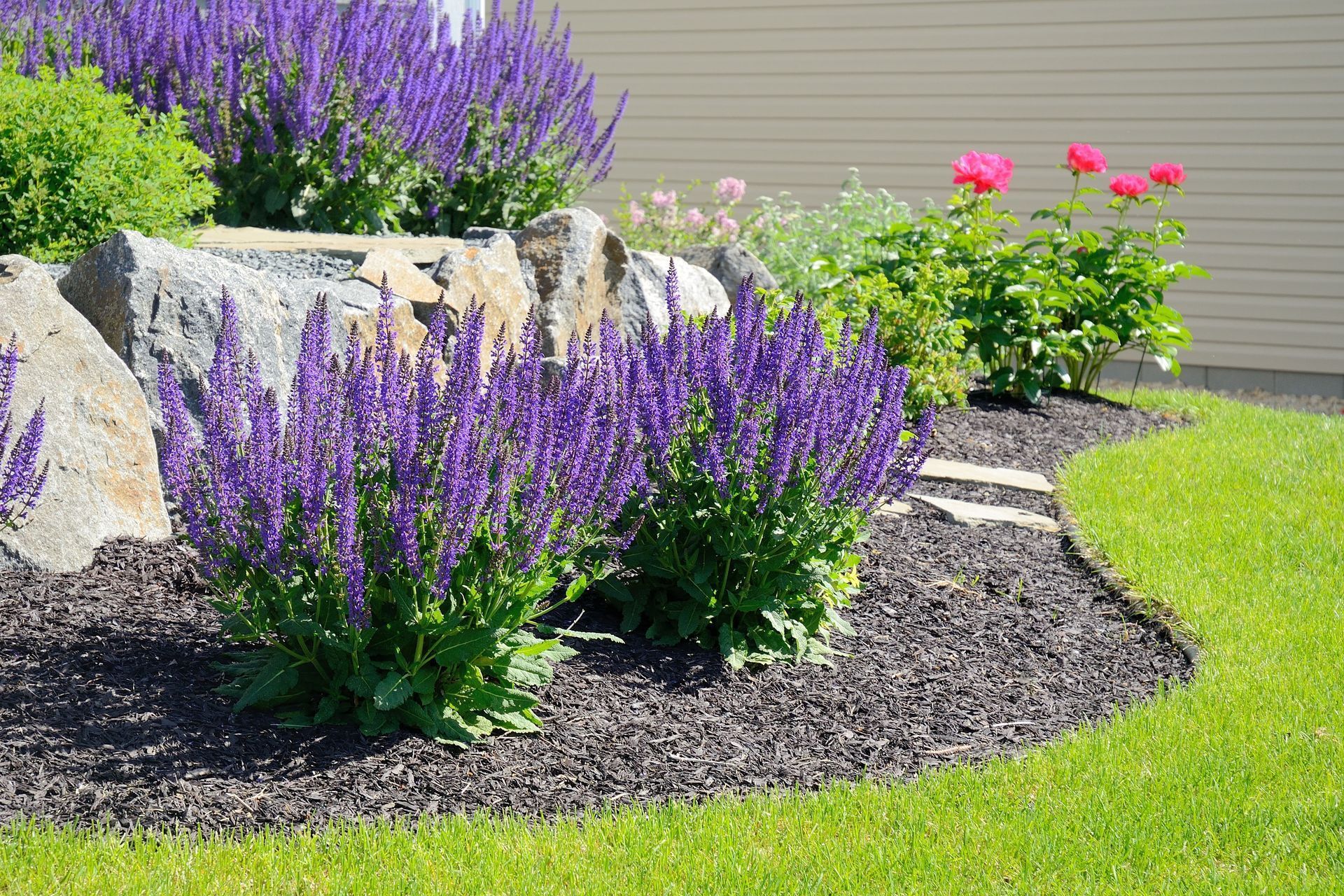May 5, 2025
Weeds present a perpetual challenge for gardeners and landscapers, often requiring significant resources to manage. Traditional methods for controlling weeds typically involve manual removal or the application of chemical herbicides, both of which can be labor-intensive and environmentally detrimental. Chemical solutions, while effective, can lead to soil degradation and potential health risks for beneficial flora and fauna. Fortunately, mulching offers a sustainable and efficient alternative for weed control. By understanding the principles and applications of mulching, gardeners can significantly reduce weed prevalence while promoting healthier ecosystems.
Exploring the Role of Mulch in Weed Control
Mulching involves covering the soil with a protective layer of material. This layer acts as a barrier, inhibiting the growth of weeds by limiting their access to sunlight and moisture. Additionally, mulching provides numerous ancillary benefits, such as enhancing soil health, improving moisture retention, and supporting biodiversity. By creating this protective environment, mulching not only suppresses weeds but also fosters a more sustainable and thriving ecosystem in your garden.
Understanding the Impact of Weeds on Gardens and Landscapes
The significance of effective weed management cannot be overstated, as unchecked weed growth can drastically reduce the productivity of gardens and landscapes. According to the New York Times, weeds have the potential to consume up to 25% of the soil's moisture, a vital resource for the health and growth of cultivated plants. Such moisture loss not only stresses plants but also necessitates frequent watering, thus increasing resource consumption. By implementing mulching techniques, gardeners can mitigate these issues, promote sustainable practices, and achieve a harmonious balance between cultivated and wild flora.
Selecting the Right Mulch for Effective Weed Control
The selection of mulching materials is critical to its effectiveness and environmental impact. Bark dust is an excellent choice for enriching the soil, improving structure, and providing effective weed suppression. Its natural properties make it ideal for fostering a healthy, sustainable garden environment. While it offers exceptional benefits for soil health and weed control, it is also environmentally friendly and supports long-term garden vitality. Ultimately, the choice of material should align with the gardener's objectives, preferences, and ecological considerations.
Embracing the Environmental Benefits of Mulch
Beyond soil improvement, mulching offers significant environmental benefits. It aids in water conservation by reducing evaporation and maintaining consistent soil moisture levels. Additionally, mulching helps to moderate soil temperatures, creating a stable microclimate for plants and soil organisms. This stabilization prevents temperature extremes that can damage roots and disrupt ecological processes. By contributing to a balanced ecosystem, mulching supports biodiversity and promotes a sustainable horticultural environment.
Suppressing Weed Growth Through Physical Barriers
Mulching suppresses weed growth by physically blocking their emergence from the soil. By covering the soil surface with a layer of mulch, weed seeds are denied the light and space needed to germinate and grow. This barrier is especially effective for preventing the germination of annual weed species that rely on surface disturbances to establish themselves. In addition to suppressing weed germination, mulching also hinders the growth of established weeds by cutting off their photosynthesis and nutrient absorption capabilities. Consequently, regular application of mulch significantly reduces the prevalence and competitiveness of weeds in gardens and landscapes.
Limiting Sunlight Exposure to Weeds With Mulch
Mulch plays a vital role in weed control by limiting sunlight exposure to weed seeds, effectively inhibiting their ability to sprout. Sunlight is a crucial component of the germination process, and without adequate light, weed seeds remain dormant or fail to germinate altogether. By depriving weed seeds of light, mulching reduces the likelihood of emergence, allowing desired plants to thrive without competition. Furthermore, by shading the soil and maintaining cooler temperatures, mulch creates an unfavorable environment for weed growth while simultaneously moderating soil conditions for cultivated plants. This passive yet effective method of weed control highlights the ecological benefits of adopting mulching practices.
Regulating Soil Conditions to Combat Weed Growth
Mulching contributes to weed suppression by regulating soil temperature and moisture levels, which are critical factors in seed germination and plant growth. By acting as an insulating layer, mulch prevents excessive temperature fluctuations and maintains a stable environment conducive to plant health. In terms of moisture, mulching significantly reduces water evaporation, ensuring that soil remains consistently hydrated. By ensuring optimal conditions, mulching not only minimizes weed growth but also supports the sustained development of desired plants.
Maximizing the Benefits of Mulch Application
Consistent mulching practices not only help with immediate weed control but also offer long-term advantages for garden sustainability. Over time, mulch decomposes and enriches the soil, promoting healthy plant growth and improving soil structure. Regular mulching helps prevent weed regrowth, reduces the need for excessive watering, and enhances overall soil fertility. By committing to a mulching schedule, gardeners can ensure their landscapes remain healthy and thriving with minimal effort. This long-term approach supports sustainable gardening, reduces maintenance, and promotes a balanced ecosystem in the garden.
Applying Mulch Correctly for Optimal Weed Suppression
Effective mulching relies on proper layering techniques to maximize its weed suppression capabilities. A sufficient mulch layer is necessary to inhibit weed germination by ensuring adequate coverage and light blockage. Care must be taken to avoid over-mulching, which can lead to suffocation and root rot due to excessive moisture retention. Additionally, the mulch should not be piled against plant stems, as this can encourage pest infestation and fungal growth. Strategic mulching practices enable gardens to reap the full benefits of this method in controlling weeds and enhancing plant health.
Timing Efforts to Maximize Effectiveness
The timing of mulch application plays a crucial role in its effectiveness in weed control and landscape maintenance. Mulching is often performed in the spring, after soil has warmed and before weed emergence, thus preemptively addressing potential weed issues. Seasonal changes also necessitate adjustments in mulching practices to accommodate varying plant needs and climatic conditions. In colder climates, late fall mulching provides insulation against winter frosts, while in warmer regions, mulch helps to minimize heat stress. By aligning mulching efforts with seasonal cycles, gardeners can effectively manage weeds and create resilient landscapes.
Avoiding Common Mistakes for Better Results
A common mistake in mulching is selecting mulch that may not be ideal for your garden's needs. For example, using mulch that is not suited for specific plants can hinder growth and affect soil health. It's also important to ensure that the mulch you choose doesn't introduce unwanted seeds or invasive species into your garden. By selecting high-quality mulch that is clean and appropriate for your garden, you can maximize its benefits, promote plant health, and enhance weed control. Understanding the characteristics of different mulch types allows gardeners to make informed decisions for successful and sustainable landscaping.
Mulching presents a multifaceted and highly effective solution for managing weeds in gardening and landscaping endeavors. Through its physical barrier properties and ability to regulate soil conditions, mulching effortlessly suppresses weed growth while promoting sustained plant health. The diverse benefits of mulching extend beyond mere weed control, enhancing soil fertility, water conservation, and garden aesthetics. As highlighted by experiences across varied contexts, mulching serves as a powerful tool for fostering sustainable ecosystems and minimizing environmental impact. Ready to take control of weeds and improve your garden's health? Contact Red Bark Inc today to learn more about our mulching services and how we can help you create a thriving, weed-free landscape!




